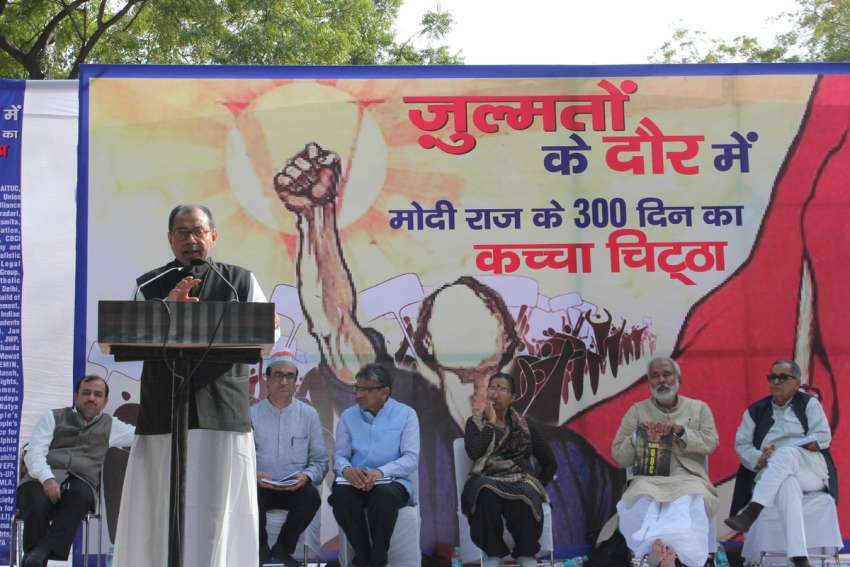In February, Cappucci, Principal and Vice-Chancellor of Assumption University and the Stephen A. Jarislowsky Chair in Religion and Conflict for the Roman Catholic institute federated with the University of Windsor, received approval from the UWindsor Research Ethics Board to launch a research project called “A Forgotten Minority: the Christians of India and Religious Persecution.”
The postsecondary educator sought Christian Indians (born in India or of Indian descent) aged 18 and older to participate in the study by agreeing to a 25- to 45-minute interview. He has already received over 25 responses. To attain saturation, he hopes to receive around 40 responses. In qualitative research, saturation alludes to the point in data collection where no additional insights or issues surface; thus, any more interviews would only generate redundancies.
Cappucci shared some of the disquieting trends he has uncovered with The Catholic Register.
“I’ve heard issues related to pressures to convert to another religion, churches being vandalized and community preachers, pastors and priests are often getting insulted,” said Cappucci.
These stories have surfaced and these issues have become more noticeable under the reign of the current national government, Cappucci said. Prime Minister Narendra Damodardas Modi’s Bharatiya Janata Party (BJP) adheres to Hindutva, a nationalist ideology trumpeting Hindu hegemony within the country boasting 1.4 billion people. There are an estimated 22 million Christians within this populous nation-state, roughly 2.4 per cent of the populace.
Modi is overwhelmingly favoured to secure a third term as Prime Minister as pollsters projected the National Democratic Alliance led by BJP would win at least 350 of the 543 seats in the Lok Sabha, the Indian equivalent of Canada’s House of Commons. The seven-phase election was staged between April 19 and June 1. Results were declared on June 4 after the Register’s press deadline.
These results don’t bode well for Christians, many analysts predict. As the Indian election wound down, outlets like Christianity Today and CBN News published stories or videos with headlines like “India’s Christians Brace for 2024 Election Results” and “Worse Danger Ahead for India’s Christians.” John Dayal, an Indian human rights and Christian political activist, told Christianity Today he anticipated Christians would once again be left out in the cold politically.
“Despite numbering over 22 million, the Christian community in India remains largely invisible and underrepresented in the nation’s political sphere, with their concerns and demands going unaddressed due to a lack of strong parliamentary voice,” said Dayal. “The ongoing 2024 general elections are poised to once again render their presence inconsequential.”
Some of Cappucci’s respondents echoed Dayal’s worrying sentiments. There were also a few who suggested that Indian Christians are not experiencing persecution. Others provided nuance by stating there are regions of the country where the persecution is more rampant.
According to the United Christian Forum (UCF), the northeast state of Manipur underwent the worst Christian violence in 2023, with 175 people killed and over 1,000 others suffering severe injuries. There were over 5,000 cases of arsons, and 254 churches burned to the ground.
Conversely, South India is home to half of the country’s Christian population.
When asked if there are strong linkages between India’s religious landscape and Canada’s, Cappucci said the two countries' situations are not parallel.
“I mentioned how India was founded as a secular state,” said Cappucci, “and it is on paper, but under this government, it has moved towards a Hindu state. In Canada, we really don’t have that. Canada is not a Christian nation on paper by any stretch of the imagination. That is where the differences lie. We don’t have a political party in Canada pushing for Christianity or any other religion.”
Cappucci plans to complete the "A Forgotten Minority: the Christians of India and Religious Persecution” study during the summer.


